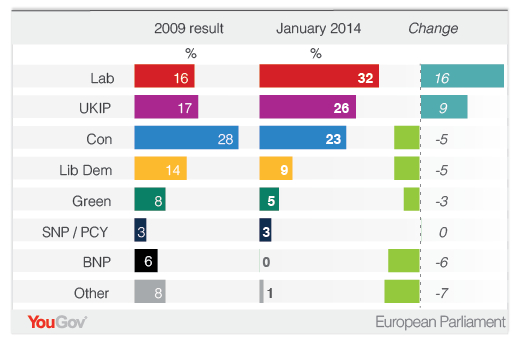Balls is well aware that New Labour only brought in the 50p tax rate in the twilight of Gordon Brown's administration. The intention, of course, was to damage the incoming Tories who would almost certainly have to cut the rate in order to stop capital flight abroad. They could then easily be painted as 'the party of the privileged' by Labour (admittedly not hard to do when the Tories really are led by a cabal of very wealthy toffs who patently have problems concealing their snobbish disdain for the masses). And so it all proved.
So much for the Politics, how about the economics? Ever since Nigel Lawson cut the top rate of income tax from 60% to 40% in the 1980s, whenever this political hot potato is mentioned there comes a repetitive and rather futile debate of the famous (some would say notorious) "Laffer Curve": namely the point at which tax revenues start to decline because the wealthy, feeling themselves overtaxed, either stop working, hide their assets or even leave the country altogether.
The debate is futile because both left and right simplify the economics to a grotesque degree. The Left completely refuse to listen to the argument and continue to state, in their usual dreary zero-sum-game way, that any kind of rate cut must lead to lower tax revenues. The Right, equally absurdly, claim that any size of rate cut would result in higher tax revenues. Plainly there is a middle ground where an optimum amount of revenue is raised.
That is a pity, because the most interesting things about the Laffer Curve is that the shape of the curve rests on primarily two independent factors: (a) the relative amount of friction in transferring your assets or your location of work and (b) the perceived justice of the amount you are being asked to pay in tax.
In an age of instant electronic transfers and communication, the transfer of wealth has never been more frictionless, acting to decrease the tax rate at which maximum revenue is obtained. As for the morality factor, this is very much a cultural issue: as a rule, people are much more happy to pay high tax rates for redistribution towards people they judge to have similar values and affinity with themselves. Therefore, culturally homogenous societies find it much easier to live with high rates of taxation for the wealthy than multicultural societies do. A good example of this are the Scandinavian countries, who until recent years combined impressive wealth-creating economies with eye-watering, almost marxist levels of government spending and taxation. This was possible because their societies had exceptional levels of internal cultural homogeniety.
The shape of the Laffer Curve, therefore, varies substantially in both time, as friction in wealth transfer changes inline with technological change, and also in space, between different nations and cultures. Even more interestingly, the second "morality" factor also applies to people at much lower levels on the income scale than the super-rich: people on modest incomes get very angry indeed at the idea of being taxed in order to pay benefits to those they judge to have very different cultural values to their own. However, lacking the ability of the global rich to simply transfer their assets and move with them, this wider electorate instead becomes progressively more libertarian in outlook and starts to vote accordingly.
In a British context, recent cultural changes spell very bad news indeed for those such as the palaeo-socialist Owen Jones who pine after that old time religion of "tax and spend". The growth of an international Metropolitan super-class who have no particular loyalty to Britain or the British on the one hand, plus mass immigration, multiculturalism and the growth of a social underclass on the other, combine to create the conditions for libertarianism, not socialism, to flourish. If you want evidence of that, just look at the genuine outrage generated by Channel 4's programme "Benefit Street". Witness, also, Jones' obvious bafflement as to why his 70s Bennite tribute act, The People's Assembly', is not maturing into the mass movement he was certain it would.
All of which leaves politics in a philosophical quandary: the culturally homogenous society that underwrote the formation of the modern Welfare State is gone forever, and reform of that system, however welcome, is plainly not enough. Instead we need to think long and hard about the society we want to be: to what extent do we strive for cultural uniformity, reversing the absurdities produced by decades of multiculturalism, in order to preserve a measure of social justice and harmony; how we can change the tax system in truly innovative ways; how to counteract our dangerous economic reliance on the London City-state; the degree to which a truly libertarian society can be made to work without introducing the dog-eat-dog rapacity it's critics claim it would, and so on.
There are no easy answers, but we had better start thinking of solutions now. Muddling through is no longer an option.



 Andrew Cadman is UKIP member and self-confessed "middle-aged geek".
Andrew Cadman is UKIP member and self-confessed "middle-aged geek".






 Paul Perrin wants to make the UK the best place on earth to live - starting with Brighton. To help bring this about he has been a UKIP candidate in national and local elections.
Paul Perrin wants to make the UK the best place on earth to live - starting with Brighton. To help bring this about he has been a UKIP candidate in national and local elections. Peter Smith is a UKIP activist in Thurrock, Essex.
Peter Smith is a UKIP activist in Thurrock, Essex.











